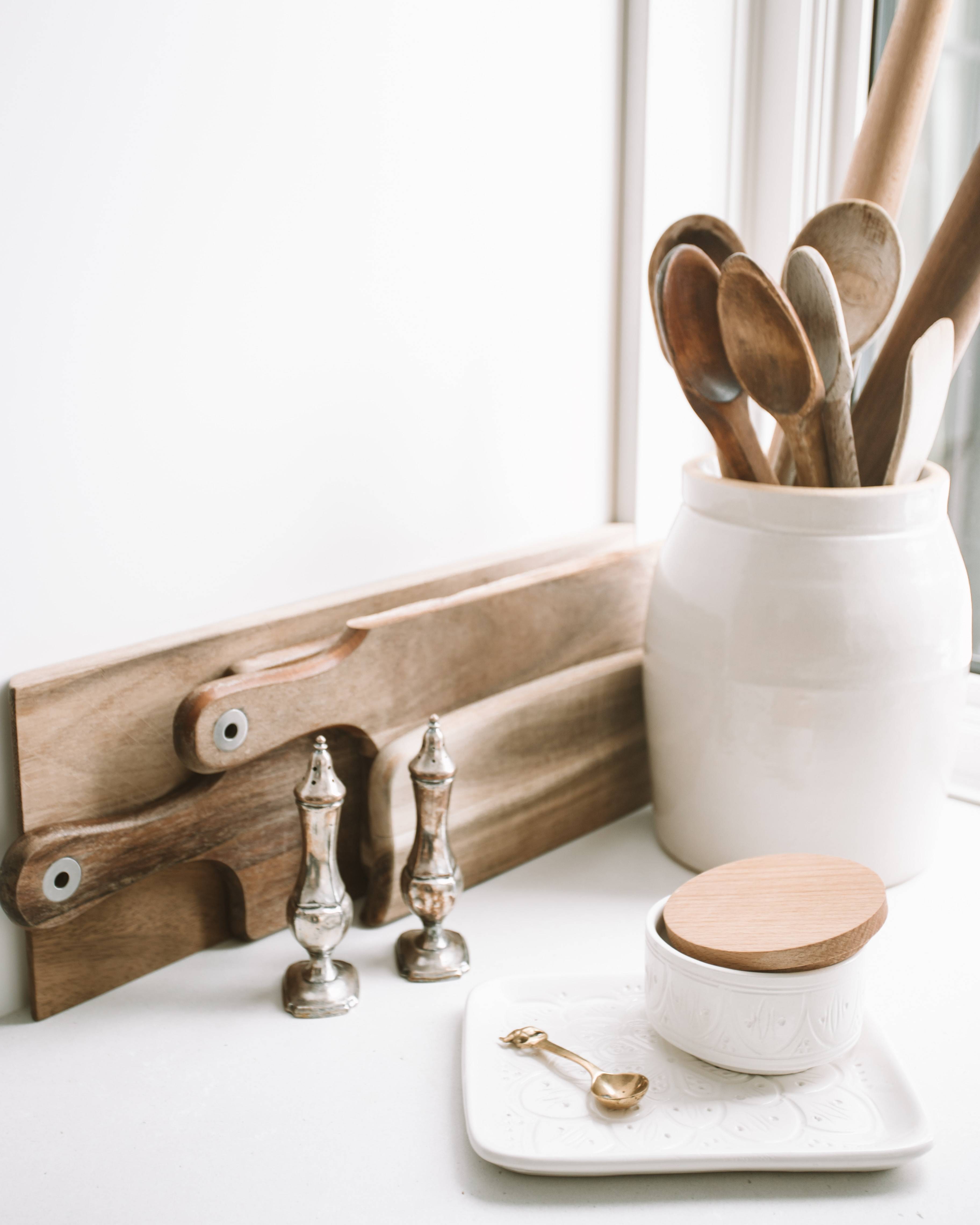

Foods to Avoid with Diverticulitis for Better Gut Health

Diverticulitis, a condition characterized by inflammation or infection of small pouches (diverticula) in the digestive tract, can cause significant discomfort and disruption to daily life. Proper diet management plays a critical role in preventing flare-ups and promoting recovery. Knowing the foods to avoid with diverticulitis can help you maintain better gut health and reduce the risk of complications.
This guide explores the key foods to avoid, why they can worsen symptoms, and how to create a gut-friendly diet to support digestive health.
Understanding Diverticulitis
Diverticulitis develops when diverticula, often found in the colon, become inflamed or infected. Symptoms include:
- Abdominal pain, particularly on the lower left side.
- Bloating and constipation.
- Fever and chills.
- Nausea or vomiting.
Dietary choices can influence the frequency and severity of diverticulitis flare-ups. Avoiding specific foods that irritate the digestive system can make a significant difference in managing symptoms and maintaining a healthy gut.
Why Diet Matters in Diverticulitis
Certain foods can aggravate the digestive system during a diverticulitis flare-up, increasing pressure on the colon and causing further irritation or blockages. Avoiding these trigger foods during active inflammation and gradually reintroducing safe, nutrient-dense options can help stabilize gut health and prevent future episodes.
Foods to Avoid with Diverticulitis
1. Seeds and Nuts
Seeds and nuts, while nutritious, can be problematic for people with diverticulitis. Their small size and rough texture may irritate the inflamed pouches in the colon.
Examples to Avoid:
- Chia seeds
- Sesame seeds
- Almonds and peanuts
- Sunflower seeds
Why to Avoid: These foods may get lodged in diverticula, increasing inflammation or causing discomfort.
Tip: If you tolerate seeds and nuts well during remission, reintroduce them gradually while monitoring for symptoms.
2. Popcorn
Popcorn’s rough texture can irritate the intestinal lining, making it a risky choice during diverticulitis flare-ups. The indigestible hulls can also exacerbate inflammation.
Why to Avoid: Popcorn may lead to bloating or worsen abdominal pain due to its high insoluble fiber content.
Tip: Opt for lighter snacks, like plain crackers or rice cakes, when managing symptoms.
3. High-Fat Foods
Foods high in fat, such as fried and greasy dishes, can slow digestion and cause bloating, discomfort, or other symptoms.
Examples to Avoid:
- Deep-fried chicken
- Cheeseburgers
- Pizza with heavy cheese
Why to Avoid: High-fat foods put extra strain on the digestive system, potentially worsening inflammation.
Tip: Focus on lean protein sources, like grilled chicken or turkey, to maintain nutritional balance.
4. Red Meat
Red meat is harder to digest and may contribute to inflammation in the digestive system. Its high-fat content and dense texture make it unsuitable during flare-ups.
Examples to Avoid:
- Beef
- Pork
- Processed meats like salami or bacon
Why to Avoid: Red meat can exacerbate symptoms like bloating and cramping.
Tip: Choose plant-based proteins or lean meats, like fish or skinless poultry, for easier digestion.
5. Dairy Products
For many people, dairy products can cause bloating, gas, and diarrhea, which may worsen diverticulitis symptoms.
Examples to Avoid:
- Whole milk
- Creamy cheeses
- Butter and cream
Why to Avoid: Dairy products may irritate the digestive system, especially for those with lactose intolerance.
Tip: Switch to lactose-free or plant-based alternatives, such as almond milk or oat yogurt.
6. Raw Vegetables
Raw vegetables are high in fiber and can be challenging to digest during a diverticulitis flare-up. Their tough texture may irritate the colon.
Examples to Avoid:
- Broccoli
- Cauliflower
- Carrots
- Kale
Why to Avoid: Raw vegetables can exacerbate inflammation and cause gas or bloating.
Tip: Cook vegetables until soft to reduce their fiber content and make them easier to digest.
7. Spicy Foods
Spicy foods can irritate the intestinal lining and worsen symptoms like abdominal pain and diarrhea.
Examples to Avoid:
- Chili peppers
- Hot sauces
- Spicy curries
Why to Avoid: Capsaicin, the compound responsible for heat in spicy foods, can irritate sensitive digestive tissues.
Tip: Use mild herbs and spices, like parsley or dill, to flavor your meals without triggering symptoms.
Additional Tips for Managing Diverticulitis
1. Eat Low-Fiber Foods During Flare-Ups
During an active flare-up, a low-fiber diet can reduce strain on the colon. Examples include:
- White rice
- White bread
- Applesauce
- Cooked potatoes (without skin)
Gradually reintroduce fiber-rich foods as symptoms improve.
2. Stay Hydrated
Proper hydration helps soften stool and prevent constipation, reducing strain on the digestive system. Aim for 8–10 glasses of water daily.
3. Incorporate Gut-Friendly Foods
Once your symptoms stabilize, include foods that promote gut health, such as:
- Probiotic-rich yogurt (if tolerated)
- Bananas
- Oatmeal
- Steamed vegetables
4. Monitor Portions
Eating smaller, more frequent meals can ease the digestive workload and reduce the risk of irritation.
When to See a Doctor
While dietary changes can help manage diverticulitis, seek medical attention if you experience:
- Severe abdominal pain
- Persistent fever
- Vomiting
- Blood in your stool
A healthcare provider can assess your condition and recommend further treatment, such as antibiotics or surgery, if necessary.
Final Thoughts on Foods to Avoid with Diverticulitis
Knowing the foods to avoid with diverticulitis is essential for managing symptoms and maintaining better gut health. By steering clear of trigger foods like seeds, high-fat dishes, and raw vegetables, you can reduce inflammation, minimize discomfort, and support recovery. Pair these dietary adjustments with hydration, small meals, and regular follow-ups with your doctor for long-term management of this condition.
With careful planning and mindful eating, you can take control of your digestive health and live more comfortably with diverticulitis.
Related Posts
© 2025 Invastor. All Rights Reserved

User Comments